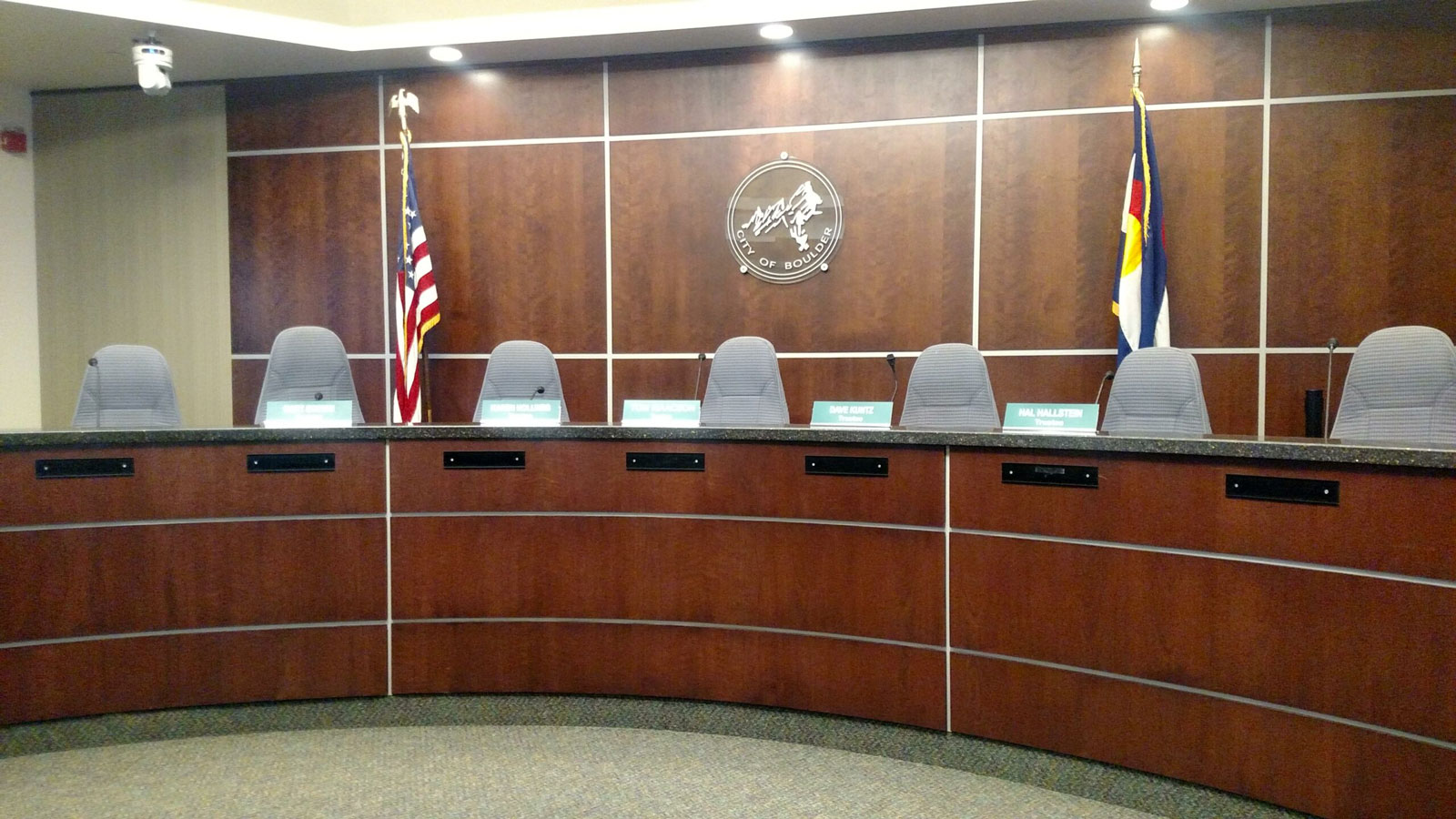Opinion: Yes on 2D: Changes will help retain essential experience on council

Wednesday, Oct. 19, 2022
Learn more about 2D: Charter clarifications of candidate issues
Get a second opinion: No on 2D: Charter ‘clarifications’ limit choice
By Ted Rockwell
In 2020, voters decided to directly elect the mayor of Boulder. Supporting ballot question 2D is necessary to prevent procedural and administrative confusion.
Since the role of the mayor is almost identical to that of a council member, these proposed amendments do not represent a change in the balance of power. What they will do is provide continuity and prevent any unnecessary procedural uncertainty. Further, allowing councilors to run for mayor without resigning their seat helps keep vital experience on the council.
Let’s start with a quick summary of each section of ballot question 2D and its effect on the Charter.
- The first clause stipulates that an individual must only run for city council or mayor but not both.
- The second clause allows an existing council member to run for mayor without losing their seat if they are unsuccessful in their election bid
- The third clause provides a mechanism to fill vacancies if a sitting councilor is elected mayor
- The fourth clause changes the swearing-in date for new council members by a few weeks
Clauses three and four are straightforward and sound policy. Council will keep filling vacancies the way it currently does: by giving seats to the top vote-getters. (Only this time the vacancies will be created by a council member moving to mayor rather than resigning.)
Moving the swearing-in date to December will effectively prevent council members from taking office until after the election results are officially certified. This change will prevent the potential of a contested election disrupting city business, and it will give newly elected officials more time to prepare themselves for a role that is filled with rules, processes and procedures.
Now, let’s look at the two clauses that are less procedural and have more of an impact on who runs for the office and, once there, what they are allowed to do.
The first clause prevents someone who is not currently on council from running for both council and mayor in the same election. This is a wise policy and mirrors the rules for other elections around our nation: Colorado does not allow someone to run for Congress and U.S. president in the same election, for example.
There are good reasons for this. First, it is potentially confusing for the voters to have someone’s name appear in multiple roles. Second, the procedural consequences of allowing an individual to run for both seats are potentially serious. If the individual was elected to both roles, do they have a choice of which one they will serve? There aren’t currently any rules in place to address such a situation.
The second clause allows a current city council member to run for mayor without losing their seat. This rule change will limit turnover and keeps vital experience on our council. It also closely follows the spirit of what we were doing before voters decided to elect a mayor directly, when the mayor came from the ranks of city council.
Being a city council member in Boulder is a complicated and time-consuming responsibility. The amount of information one must absorb in the first year of their term is daunting. The reading and meetings necessary to stay on top of the issues to represent their constituents are considerable. Retaining individuals who are not only willing to do this difficult work but have become knowledgeable about the underpinning processes and issues is as essential to the democratic process as is equal representation.
The mayor in Boulder is essentially the chairperson of an important committee. Boulder’s mayoral role is responsible for organizing the councilors and has the prestige of the name of the position, but little actual power beyond that. Allowing for individuals to run for mayor who have the current relevant experience being a city councilor will result in giving the residents of Boulder a range of choices, from experienced and “battle-tested” candidates as well as those who would aspire to the role. Any educated candidate for mayor should and will recognize that success in the role is dependent on a solid working knowledge of how city council and the city itself gets work done.
The bottom line is that the changes to the charter outlined in ballot question 2D amount to sound policy and are necessary to ensure a consistent and uncomplicated move toward realizing the will of the voters.
Ted Rockwell is a member of Boulder Beat’s Opinion Panel. Learn more about Ted
This op-ed does not necessarily reflect the opinions of Boulder Beat, its writers, editors or contributors
Governance Opinion Boulder city council city of Boulder elections mayor

